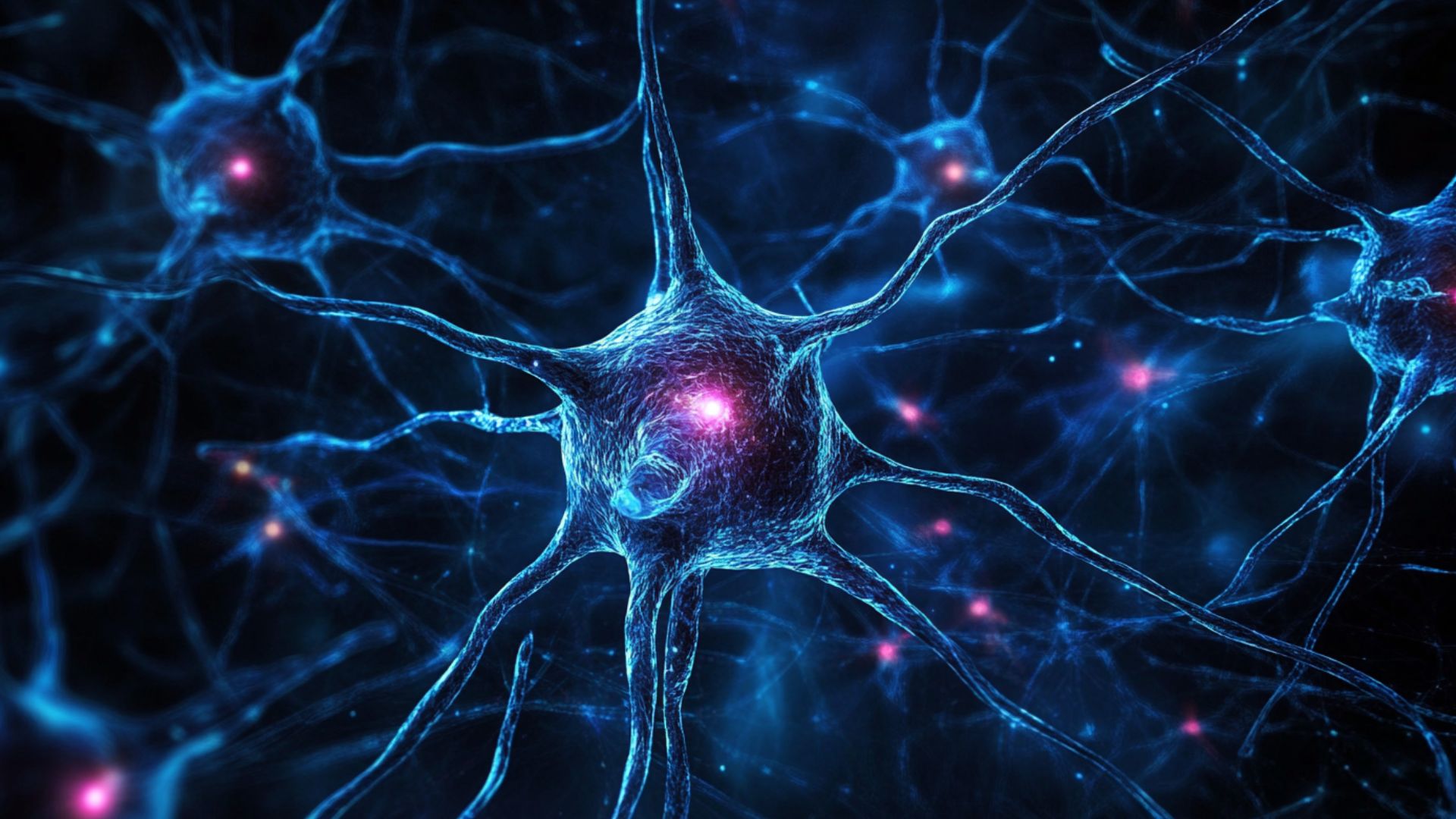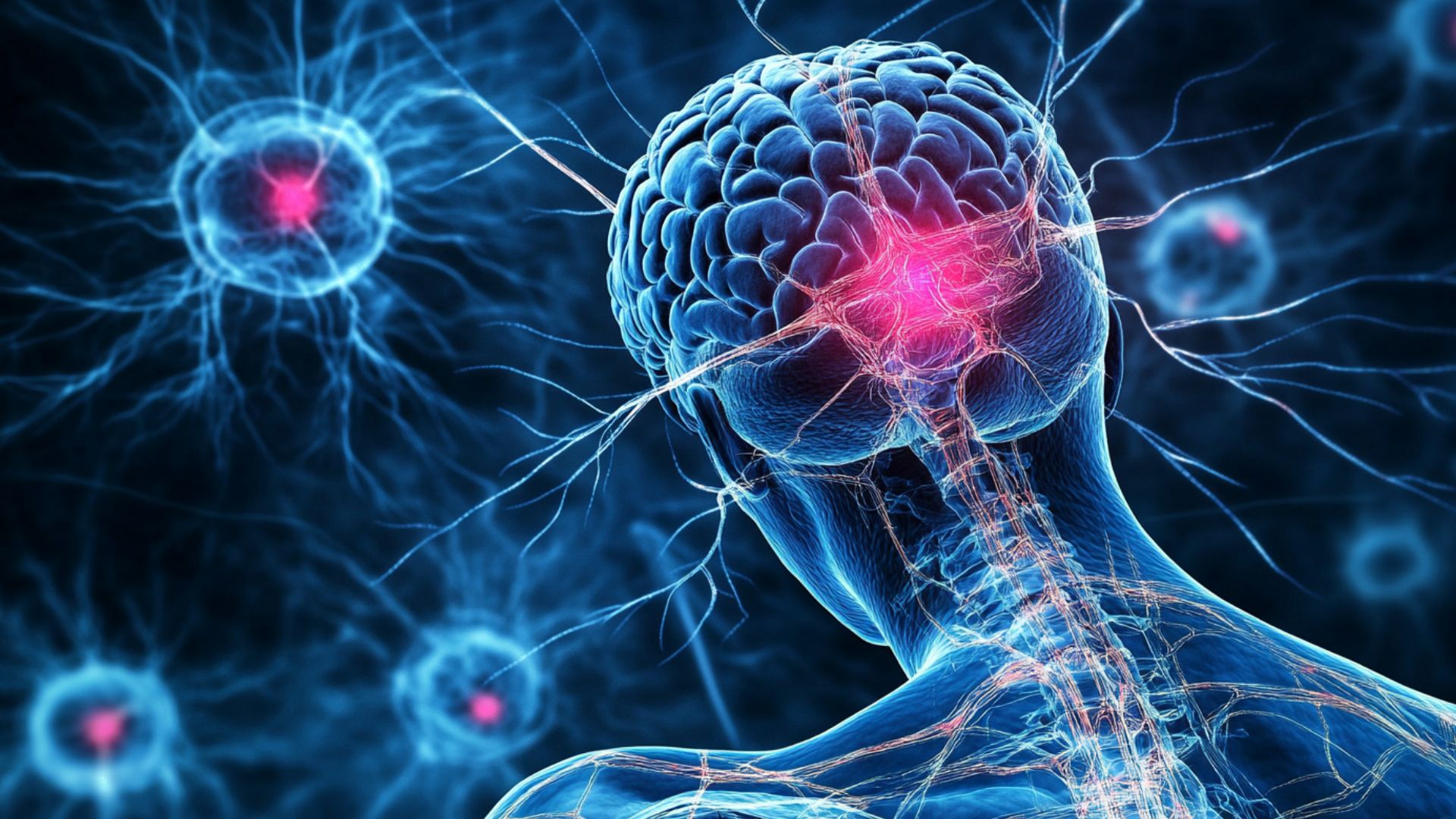Neuropathy is a condition that affects millions of people, disrupting their daily lives in overwhelming ways. Many people ask: What is neuropathy? It’s a condition involving damage or dysfunction of the nerves. It can cause uncomfortable and sometimes debilitating symptoms. This condition often impacts the peripheral nervous system, which is the network of nerves connecting the brain and spinal cord to the rest of the body. When these nerves are damaged, communication between the brain and other body parts gets disrupted. This causes symptoms like numbness, tingling, or pain.
The peripheral neuropathy signs often appear gradually, making them tricky to notice at first. For some, it might start with a tingling sensation in the hands or feet. For others, it could be a burning pain that makes simple tasks like walking or holding objects difficult.
This condition can affect anyone. However, it’s especially common in people with certain health conditions or lifestyle factors. The impact on daily life can be significant – imagine struggling to button a shirt, walk without stumbling, or sleep due to persistent discomfort. Understanding neuropathy is crucial because early recognition and treatment can make a significant difference in managing symptoms and improving quality of life.
What Causes Neuropathy?
To understand what neuropathy is, it’s helpful to know what leads to it. It occurs when the peripheral nerves are damaged or don’t function properly. This damage disrupts nerve signal transmission, leading to symptoms ranging from mild to severe. But what are the nerve damage causes that trigger this condition?
Several factors can contribute to neuropathy, including:
- Diabetes. This is one of the most common causes. High blood sugar levels over time can harm nerves, particularly affecting the feet and hands.
- Injuries. Physical trauma, like a car accident or a fall, can damage nerves directly.
- Infections. Certain viral or bacterial infections can affect nerve health. For example, Lyme disease or shingles.
- Autoimmune Diseases. Conditions like rheumatoid arthritis or lupus can cause the immune system to attack nerves.
- Vitamin Deficiencies. Vitamin deficiencies, particularly B12, can impair nerve function.
- Toxins and Medications. Exposure to certain chemicals or side effects from drugs, like chemotherapy, can lead to nerve damage.
- Alcohol Abuse. Excessive drinking over time can harm nerves, especially affecting the limbs.
Each of these nerve damage causes can lead to different types of neuropathy. However, the peripheral type is the most common. Recognizing the root cause is key to finding the right treatment and preventing further nerve damage.
Recognizing Neuropathy Symptoms
Identifying neuropathy symptoms early can help people seek treatment before the condition worsens. These symptoms vary depending on which nerves are affected – sensory, motor, or autonomic nerves. Sensory nerves handle sensations like touch and pain. Motor nerves control movement. And autonomic nerves manage functions like heart rate and digestion.
Common peripheral neuropathy signs include:
- Numbness or Tingling. Often felt in the hands or feet. This sensation can feel like “pins and needles.”
- Burning Pain. A sharp or burning feeling, especially in the limbs.
- Muscle Weakness. Difficulty gripping objects or walking due to weakened muscles.
- Sensitivity to Touch. Even light contact, like a bedsheet touching the skin, can feel painful.
- Balance Issues. Nerve damage can make it hard to stay steady, increasing the risk of falls.
- Changes in Temperature Sensation. Trouble feeling hot or cold in affected areas.
These neuropathy symptoms often start in the feet or hands and may spread over time. For some, symptoms are mild and manageable. Meanwhile, for others, they can interfere with daily tasks like writing, walking, or sleeping. If you notice these symptoms, it’s important to consult a doctor. They can diagnose neuropathy and discuss treatment options.
The Impact of Chronic Nerve Pain
Living with chronic nerve pain is one of the most challenging aspects of neuropathy. Unlike temporary pain from an injury, this type of pain persists for months or even years. Often there is no clear resolution in sight. It can feel like a constant burning, stabbing, or electric-shock sensation. This especially occurs in the hands, feet, and legs. This ongoing discomfort can take a toll on both physical and emotional health.
Chronic nerve pain affects quality of life in several ways:
- Physical Limitations. Pain can make it hard to perform everyday tasks. Examples include cooking, driving, or exercising.
- Sleep Disturbances. Many people with neuropathy struggle to sleep because of pain. This leads to fatigue and irritability.
- Emotional Strain. Constant pain can lead to anxiety, depression, or frustration. This is particularly true when it prevents enjoyable activities.
- Social Isolation. Some people avoid social events or hobbies due to discomfort or mobility issues.
The emotional and physical burden of chronic nerve pain can feel overwhelming. However, with the right support and treatment, many people find ways to manage it effectively. Addressing both the physical symptoms and their emotional impact is key. This approach improves overall health.
Treatment Options for Neuropathy
Finding effective neuropathy treatment is essential for reducing symptoms and improving quality of life. There’s no one-size-fits-all cure. However, treatments focus on addressing the underlying cause, relieving symptoms, and preventing further nerve damage. A healthcare provider, often a neurologist, will tailor a treatment plan based on the underlying cause and severity of the condition.
Common neuropathy treatment options include:
- Medications. Pain relievers, anti-seizure drugs, or antidepressants can help manage nerve pain. Topical treatments, like capsaicin cream, may also provide relief.
- Physical Therapy. Exercises can improve strength, balance, and coordination, particularly when muscle weakness is present.
- Lifestyle Changes. Managing blood sugar levels (for diabetic neuropathy), eating a balanced diet, and avoiding alcohol can help prevent further damage.
- Medical Procedures. In some cases, nerve blocks or transcutaneous electrical nerve stimulation (TENS) can reduce pain.
- Vitamin Supplements. If a deficiency is causing neuropathy, supplements like B12 can support nerve health.
For those with underlying conditions like diabetes or autoimmune diseases, treating the primary condition is critical. Working closely with a healthcare team ensures the neuropathy treatment plan is personalized and effective. Early intervention can slow the progression of neuropathy and improve symptoms, helping you regain control of your daily life.
Strategies for Managing Neuropathy Daily
Managing neuropathy involves more than just medical treatment. It’s about making small, practical changes to improve comfort and maintain independence. By adopting daily strategies, people can reduce symptoms and enhance their quality of life. Here are some tips to help:
- Stay Active. Low-impact exercises like walking, swimming, or yoga can improve circulation and reduce pain. However, always check with a doctor before starting a new routine.
- Protect Your Feet and Hands. Wear comfortable, supportive shoes and check for injuries regularly, since numbness can prevent you from noticing cuts or injuries.
- Manage Pain Naturally. Techniques like meditation, deep breathing, or warm baths can help ease discomfort.
- Eat a Nutrient-Rich Diet. Foods high in vitamins B12, D, and antioxidants support nerve health. Avoid processed foods that can spike blood sugar.
- Avoid Toxins. Limit alcohol and avoid smoking, as both can worsen nerve damage.
- Use Assistive Devices. Braces, canes, or ergonomic tools can make daily tasks easier and safer.
Building a neuropathy management routine that includes these strategies can make a big difference. It’s also helpful to track symptoms and share them with your healthcare provider to adjust your treatment plan as needed. With consistency, many people find they can manage neuropathy effectively, allowing them to remain active in their daily lives.
Neuropathy Care at Lone Star Neurology
At Lone Star Neurology, we offer comprehensive treatment programs and support services designed to help people with neuropathy live better. Our team of experienced neurologists provides personalized care focused on accurate diagnosis, effective treatment, and ongoing support. Here’s what you can expect from our neuropathy treatment services:
- Advanced Diagnostics. Lone Star Neurology uses state-of-the-art tools, including nerve conduction studies and electromyography (EMG), to pinpoint the cause and extent of nerve damage.
- Personalized Treatment Plans. Whether through medications, physical therapy, or lifestyle modifications, our team creates a plan tailored to your specific needs.
- Pain Management Programs. We offer a range of options from medications to non-invasive therapies like TENS, designed to help reduce chronic nerve pain.
- Support and Education. Lone Star Neurology provides resources to help patients and families understand neuropathy and make informed decisions about treatment.
- Ongoing Care. Regular follow-ups ensure your treatment plan evolves with your needs, helping you manage symptoms effectively over time.
Located in Texas, Lone Star Neurology is committed to improving the lives of those with neuropathy symptoms through compassionate, expert care. Our approach means you’ll have access to a team that understands the complexities of nerve-related conditions. To learn more or schedule a consultation, visit our website or contact our office directly.













I've given up... the stress her office staff has put me through is just not worth it. You can do so much better, please clean house, either change out your office staff, or find a way for them to be more efficient please. You have to do something. This is not how you want to run your practice. It leaves a very bad impression on your business.
Please, leave your review
Write a comment: